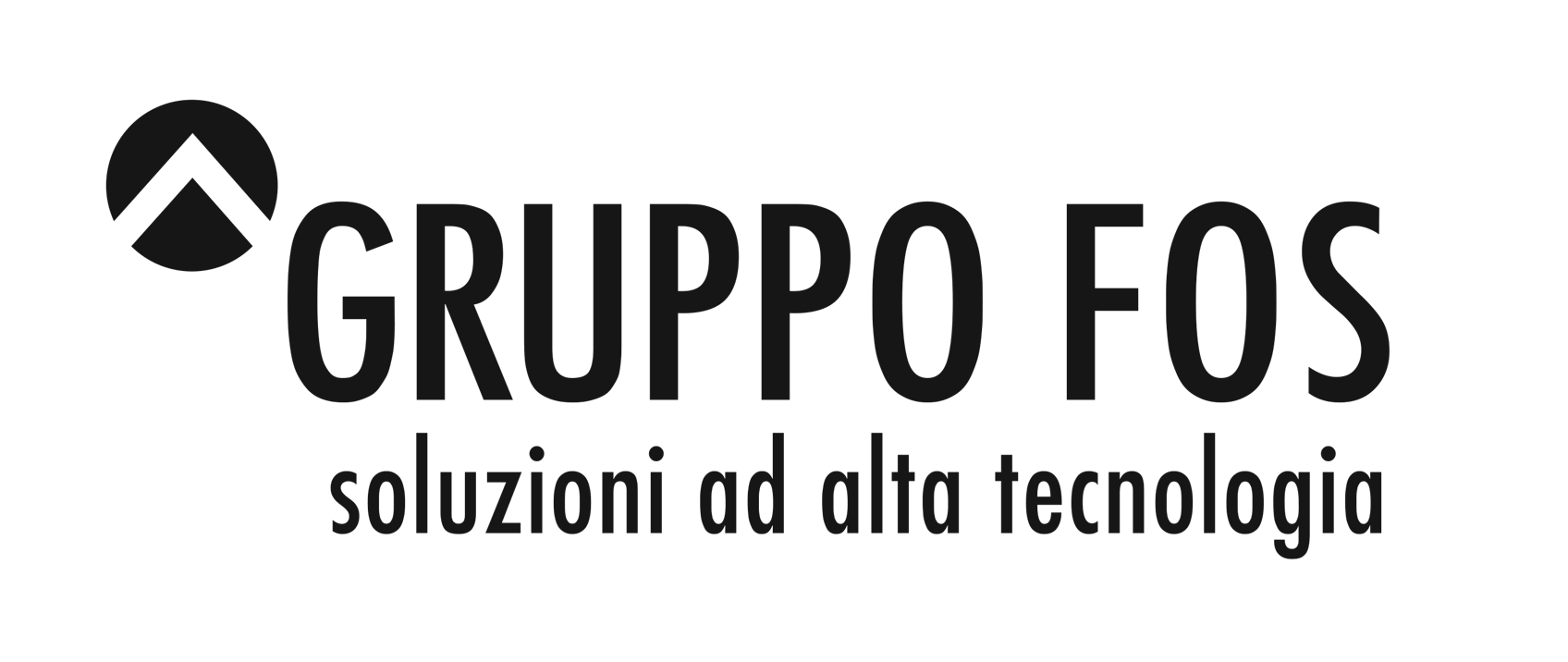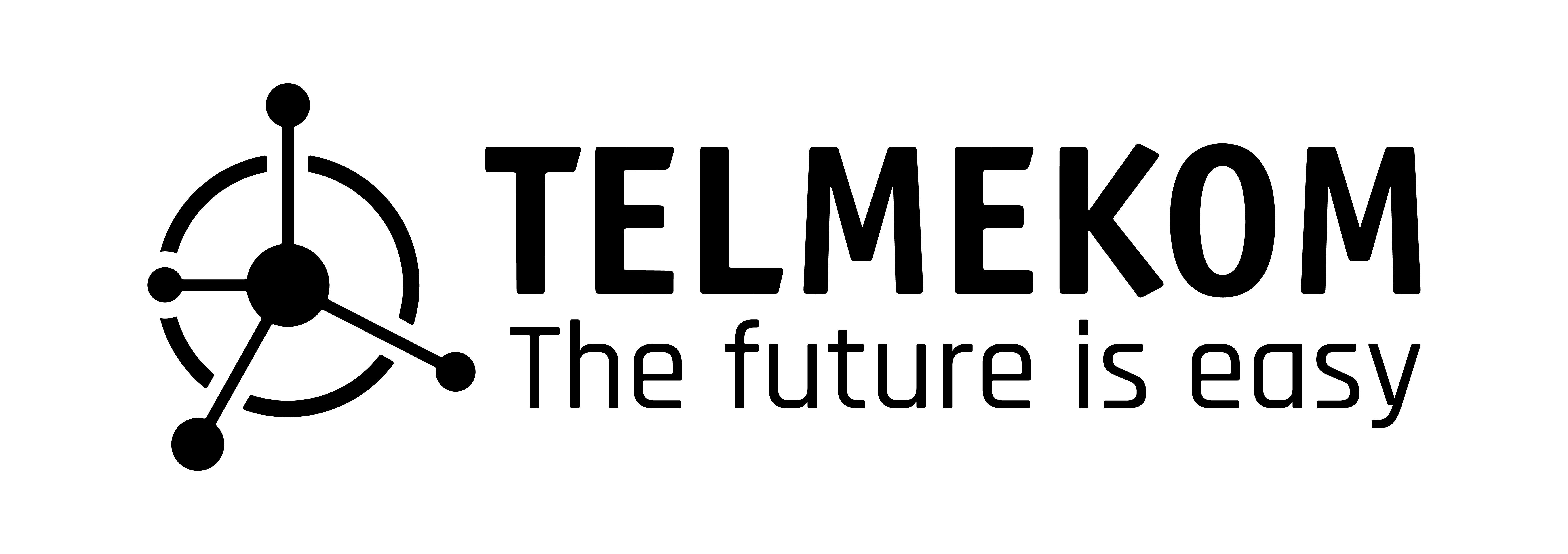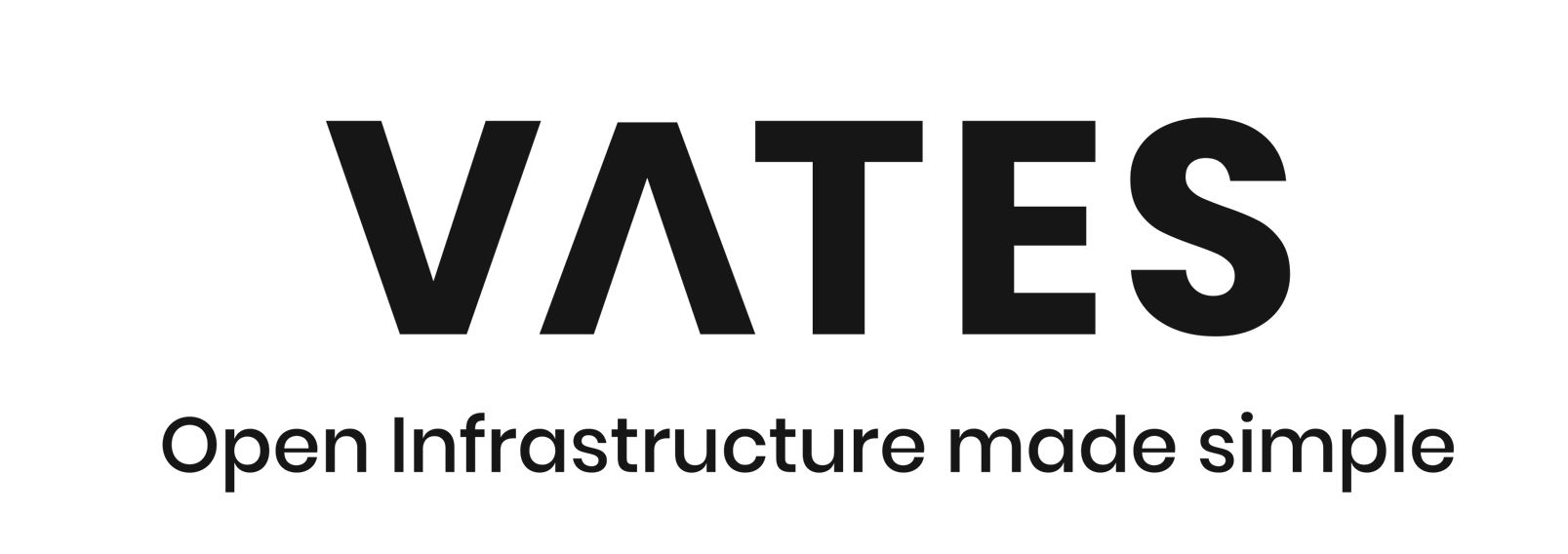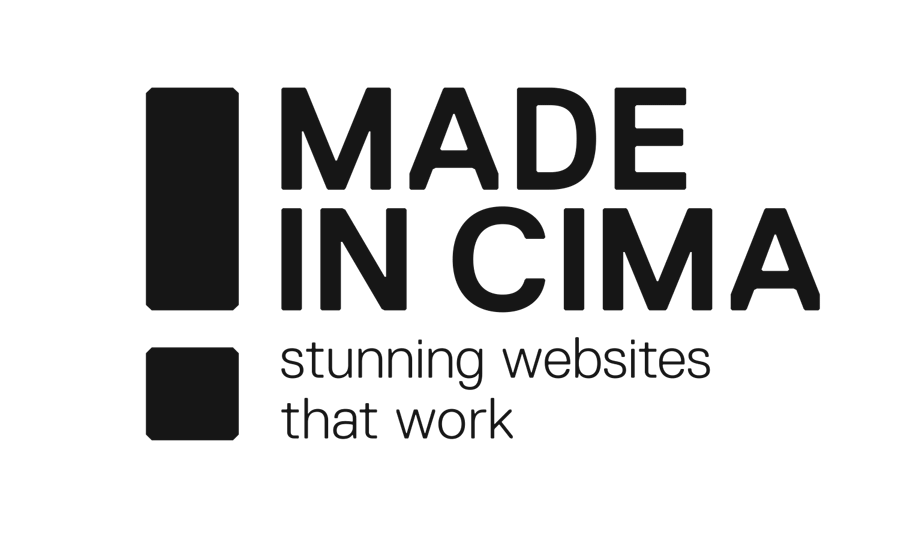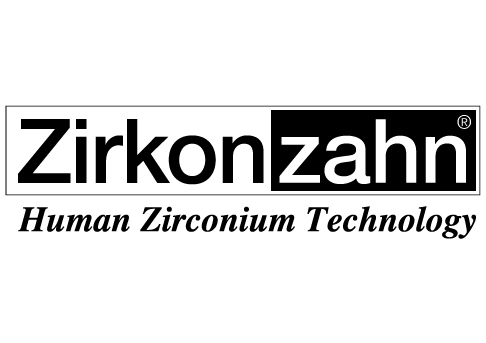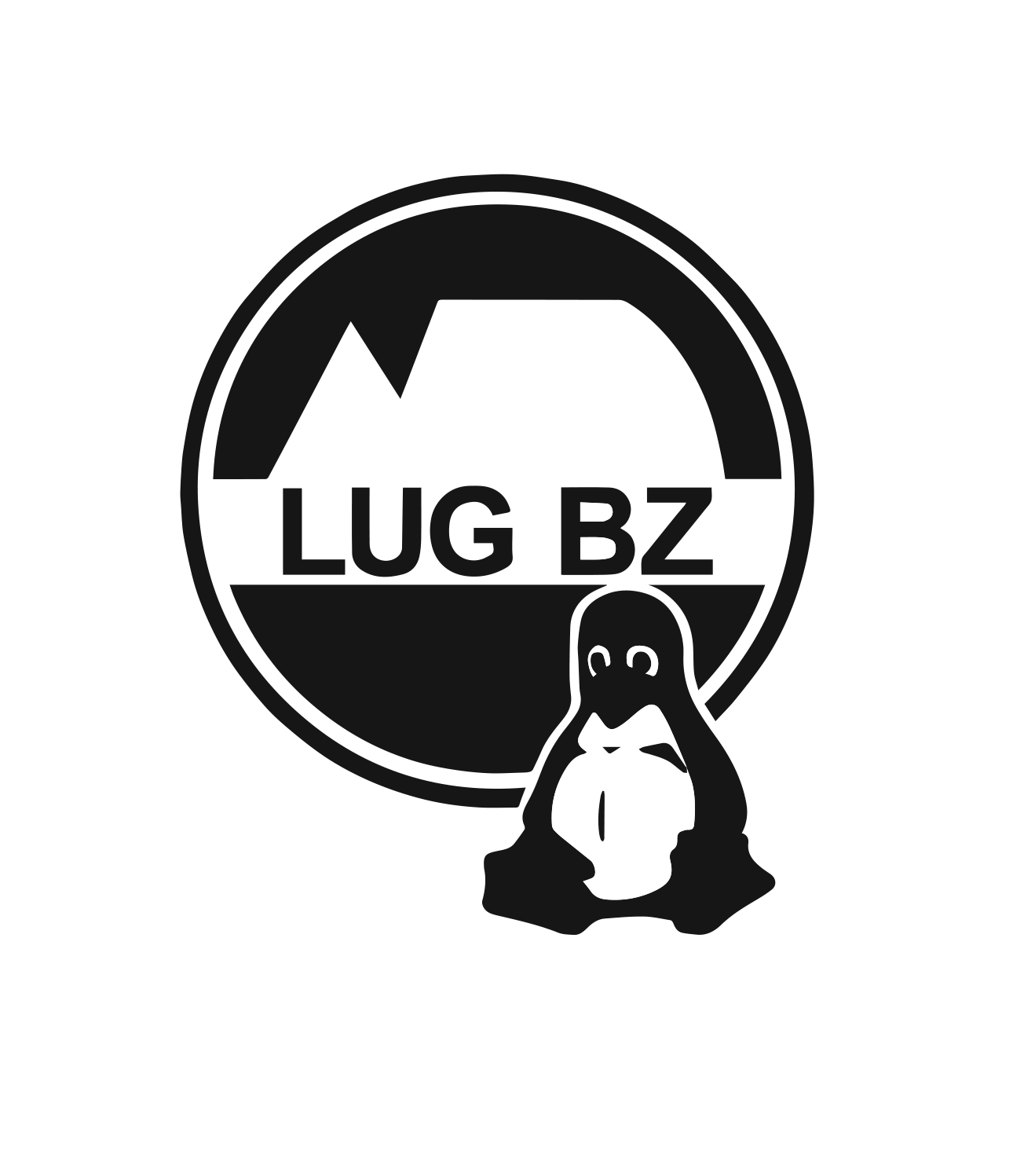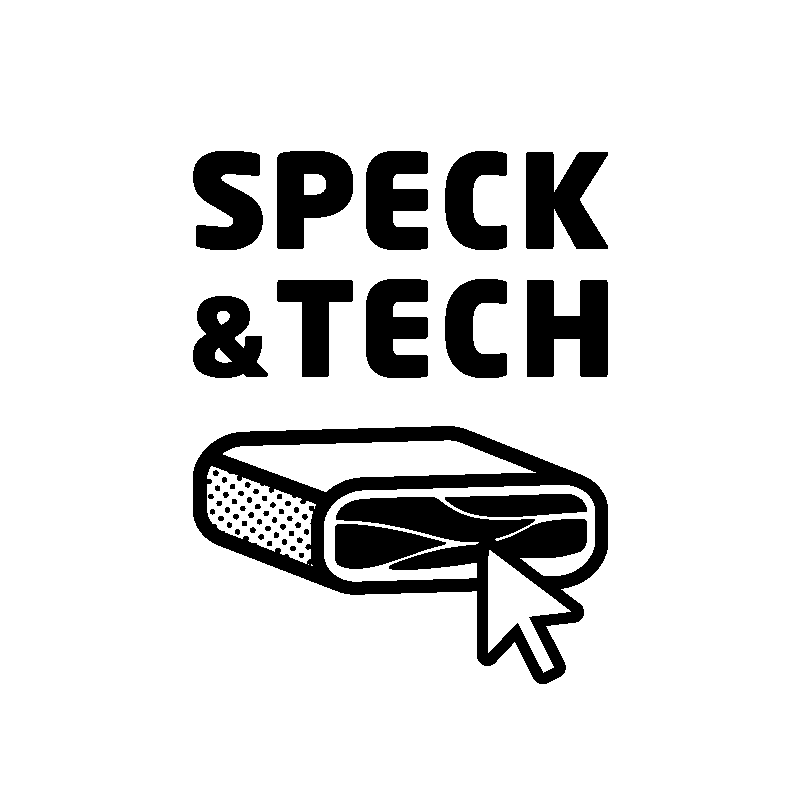Open Hardware (OH) is revolutionizing the way we approach technology in several areas, such as agriculture and healthcare. These areas, which are fundamental to food availability and human well-being, are undergoing an important shift as open hardware licensing strategies, inspired by open-source software (OSS), make solutions more accessible, affordable, and customizable. In this talk, we review major factors determining the use and adoption of OH technologies, including economic advantages, opportunities, and challenges.
Similar to OSS, OH applications are gaining momentum. In agriculture, farmers and researchers are turning to OH for precision farming tools, environmental monitoring, and robotics. These technologies not only reduce development costs but can be easily adapted to specific local needs, enhancing their effectiveness in diverse agricultural environments – crucial for small-scale farmers in developing countries and rural areas who face financial constraints. Likewise, the healthcare industry is benefiting from OH through the development of affordable medical devices, diagnostic tools, and treatment systems. The high costs and regulatory challenges associated with traditional medical devices often limit access to essential healthcare, especially in underdeveloped regions. Examples include open-source ventilators, syringe pumps, and diagnostic devices.
Applications of OH will be showcased through a comparative analysis of successful projects, particularly those with high engagement on platforms like GitHub, characterized by community engagement, active forums, and regular updates. Finally, we will draw conclusions about the potential of OH for industries beyond agriculture and healthcare, encouraging further innovation and collaboration in the open-source community.



